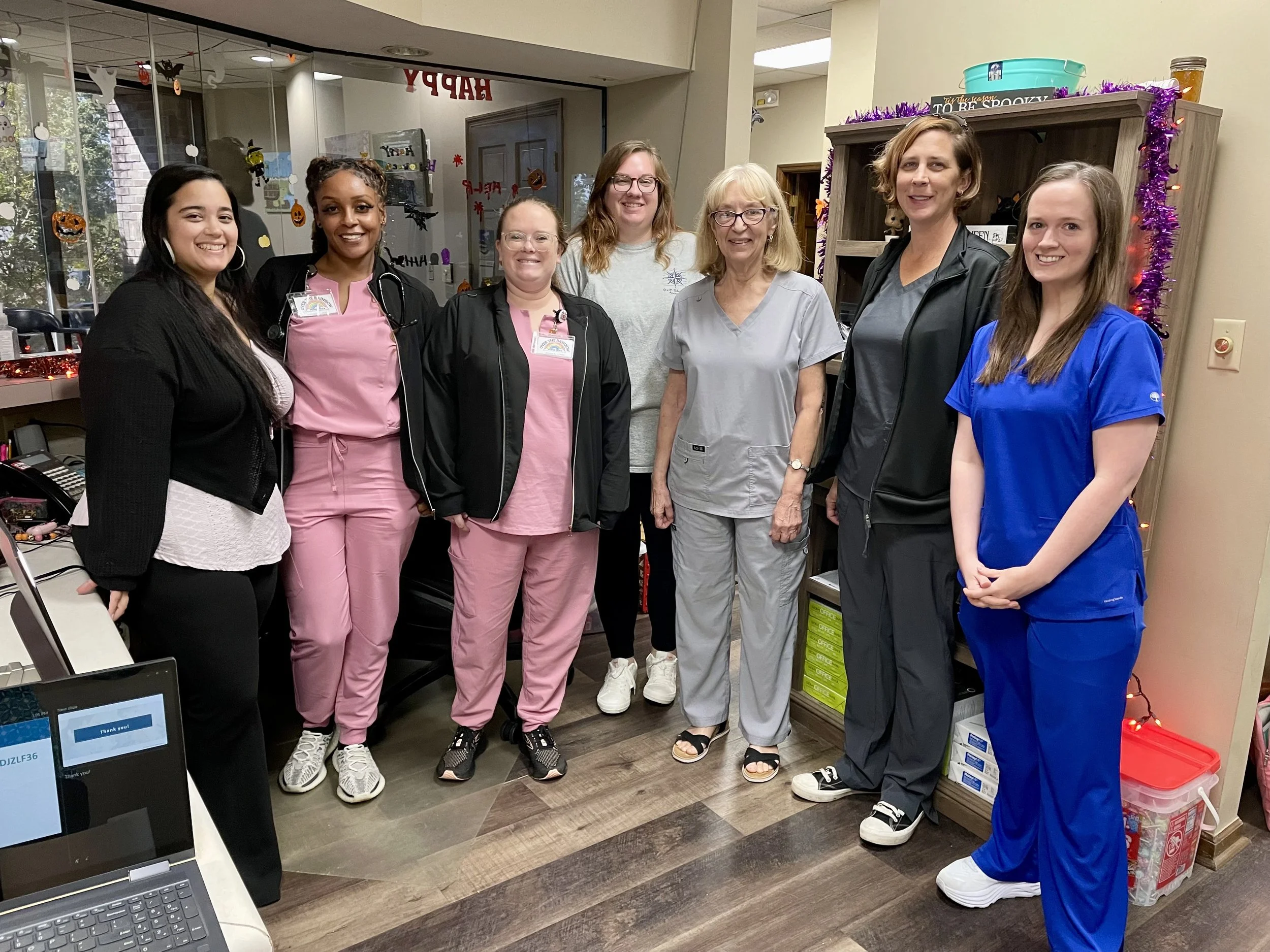
Physician Feedback
Trusted by Doctors. Backed by Impact.
At VAX 2 STOP CANCER, our HPV vaccine provider education and quality improvement program is designed to empower pediatricians, family medicine doctors, nurse practitioners, and clinical staff with the knowledge, confidence, and practical tools they need to make strong, effective HPV vaccine recommendations—starting at age 9. This free, evidence-based training focuses on the importance of early vaccination for cancer prevention, addresses common concerns from parents, and provides strategies for normalizing the HPV vaccine as a routine part of pre-adolescent and adolescent care. Provider buy-in is essential to increasing vaccination rates and protecting future generations from HPV-related cancers. That’s why hearing directly from participating doctors matters—these trusted voices help illustrate the real-world value and positive impact of the program in clinics across Alabama and beyond. Below, you’ll find powerful testimonials from healthcare professionals who are now better equipped to champion prevention in their communities.
Scroll through some feedback from our providers!

Kids First Pediatrics
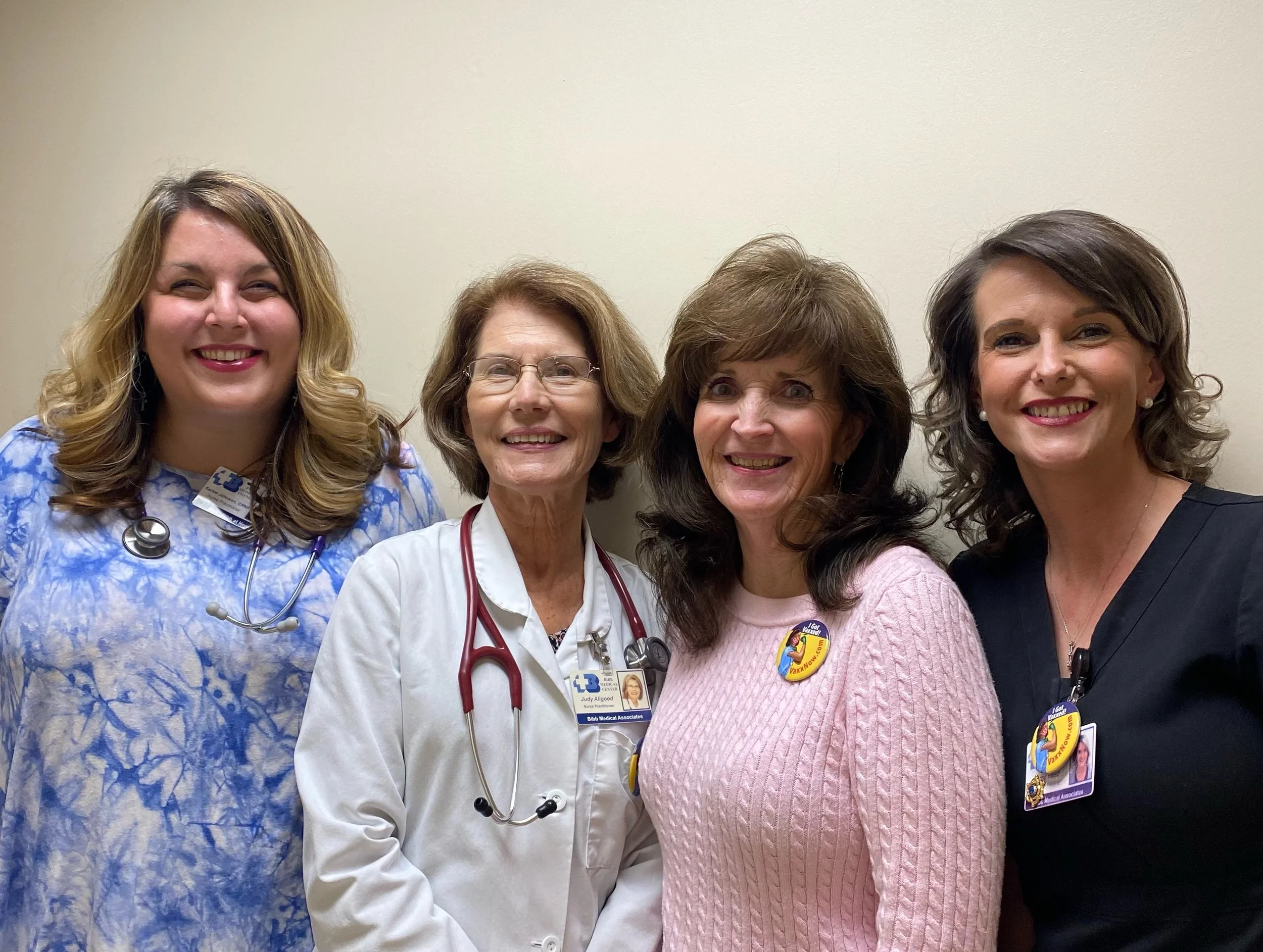
Bibb Medical Associates
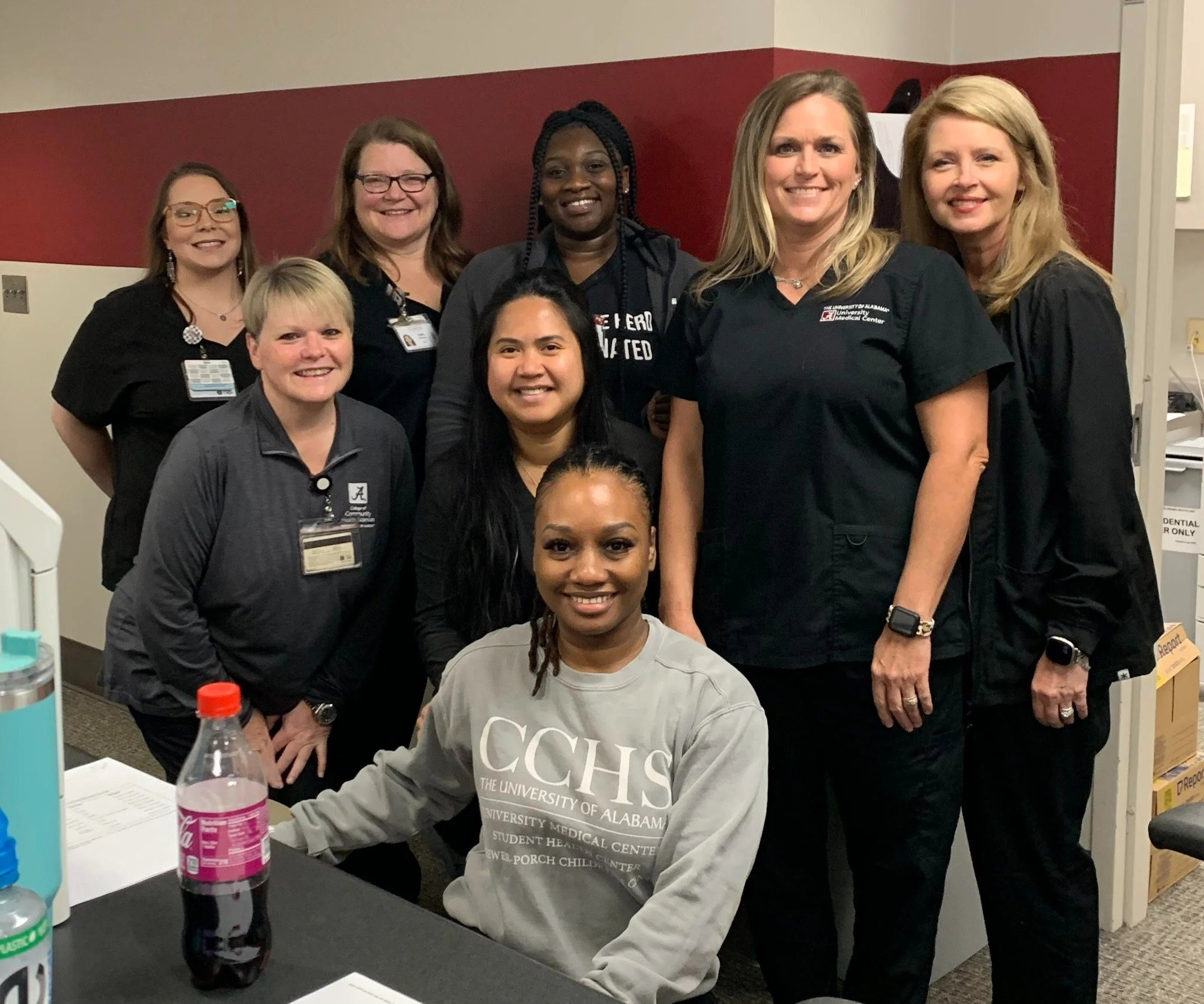
University Medical Center Tuscaloosa
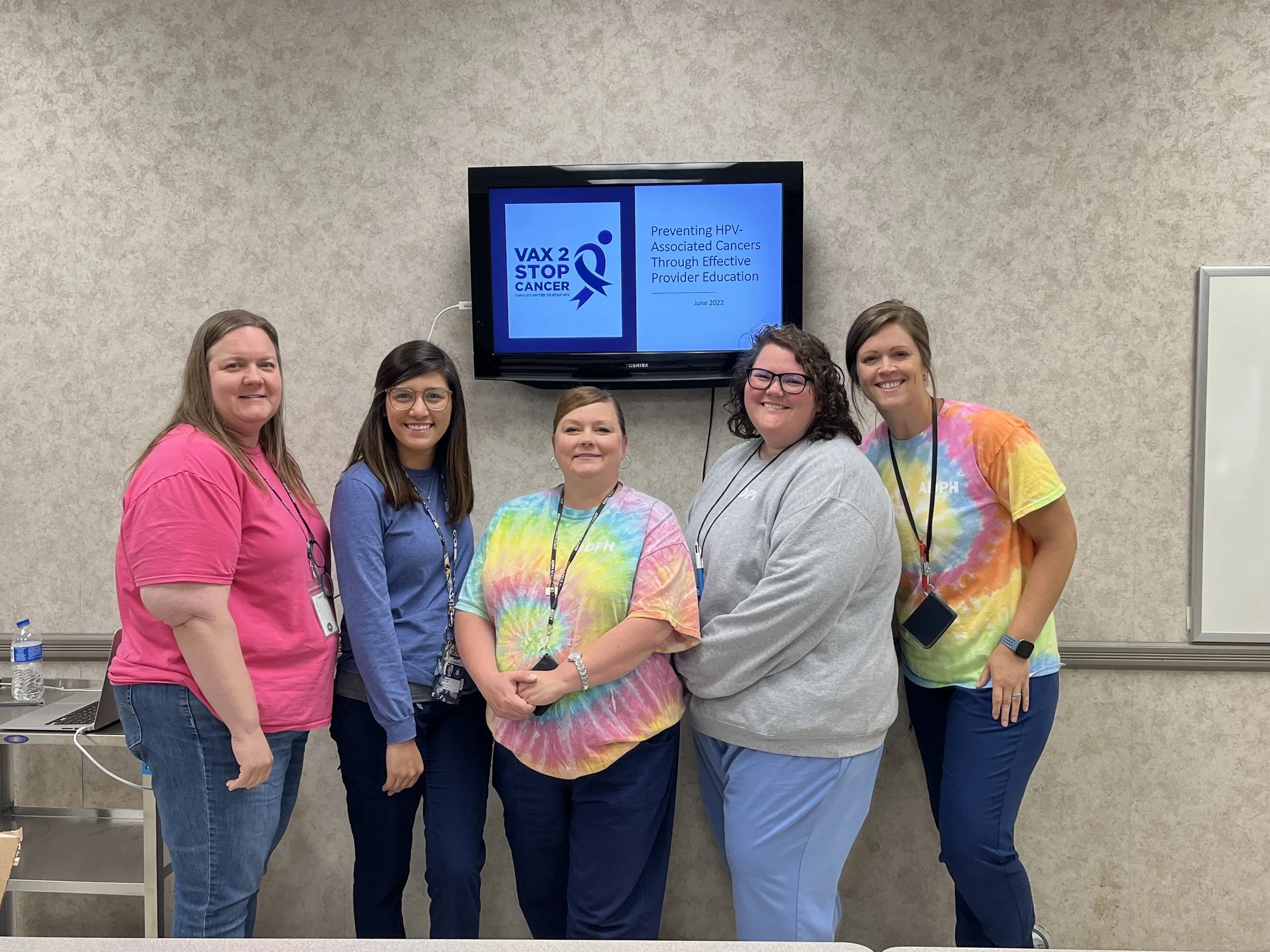
EPediatrics and Family Care
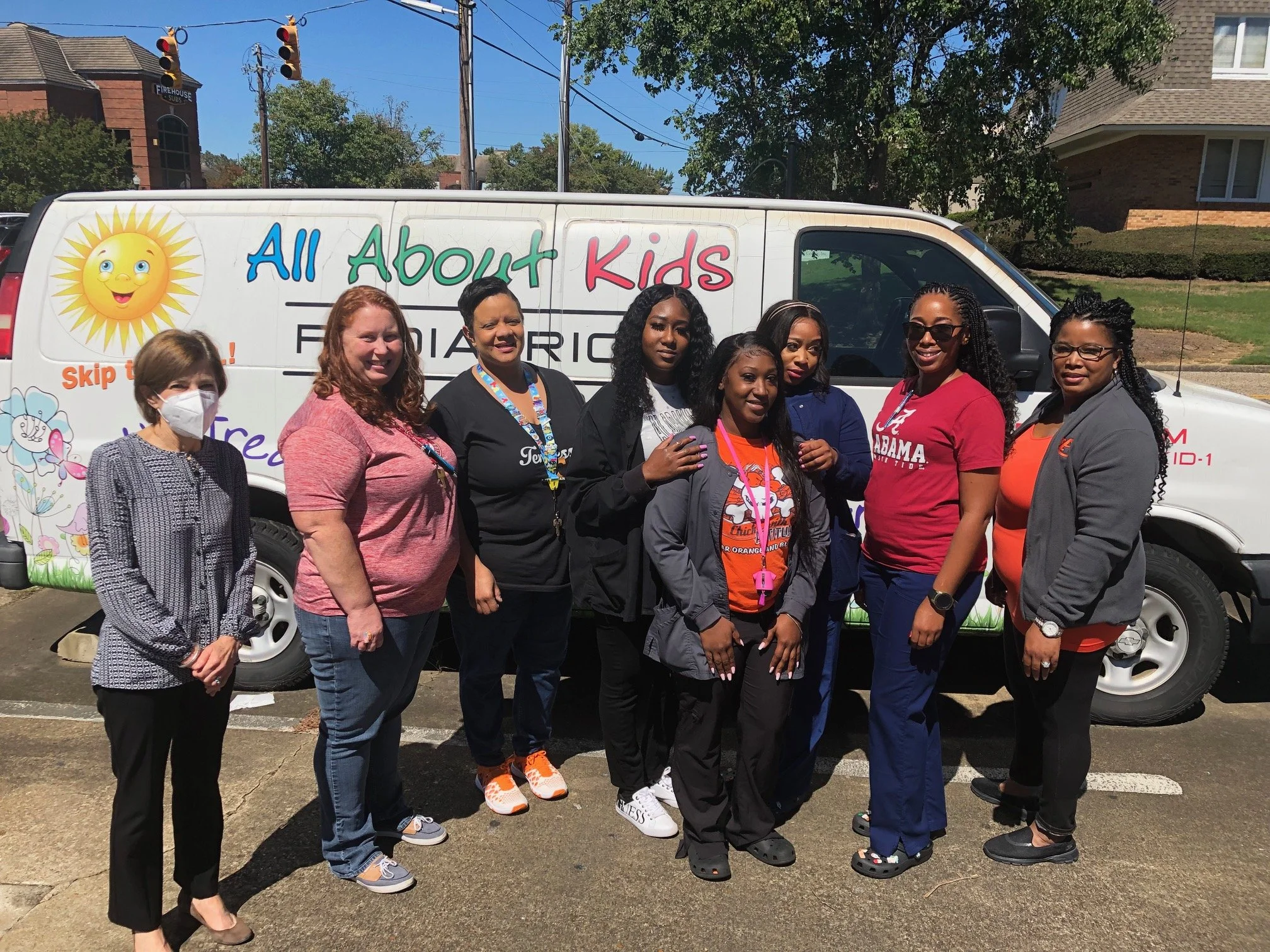
All About Kids

Hayleville Pediatrics
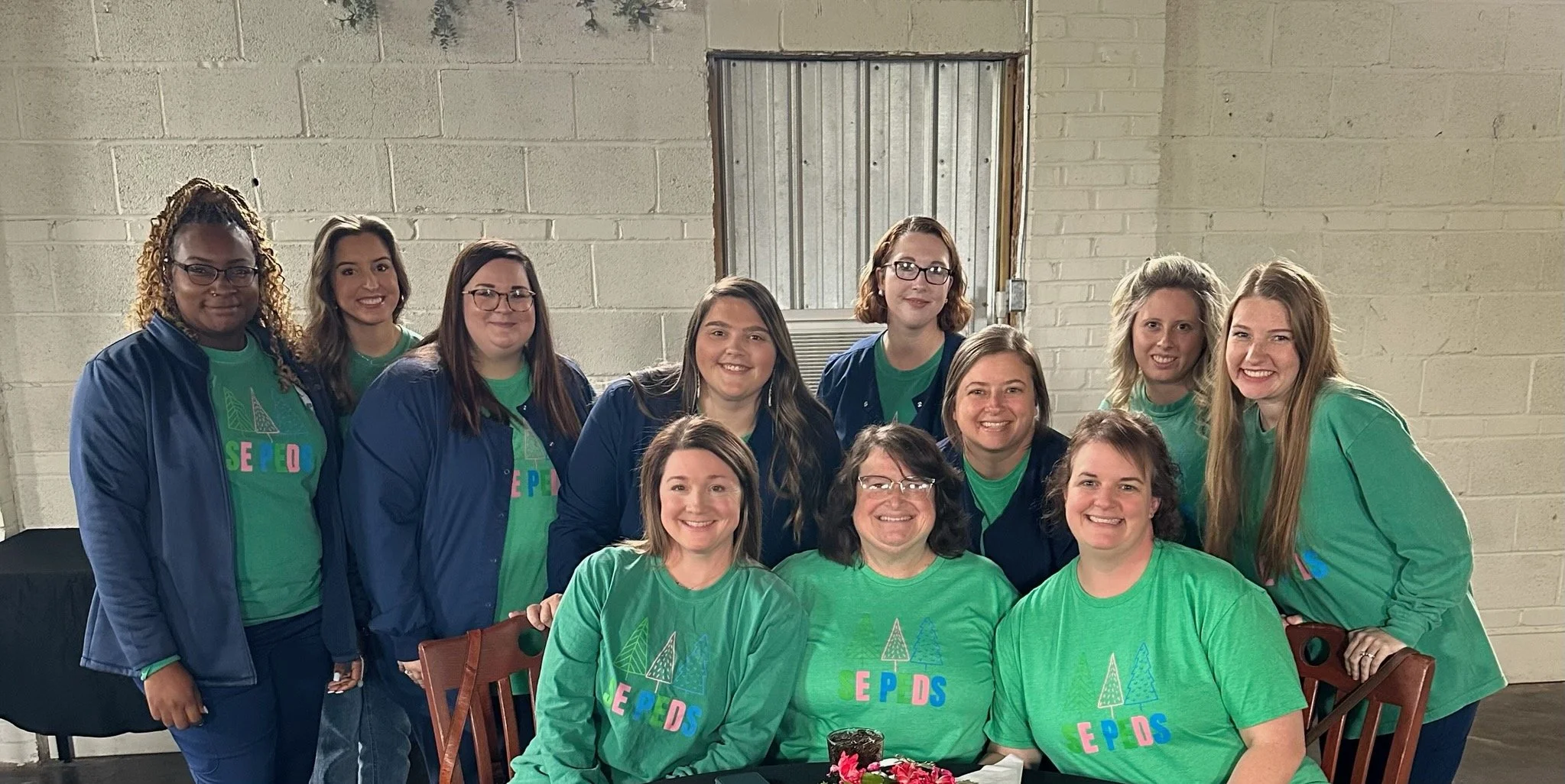
Southeastern Pediatric Associates
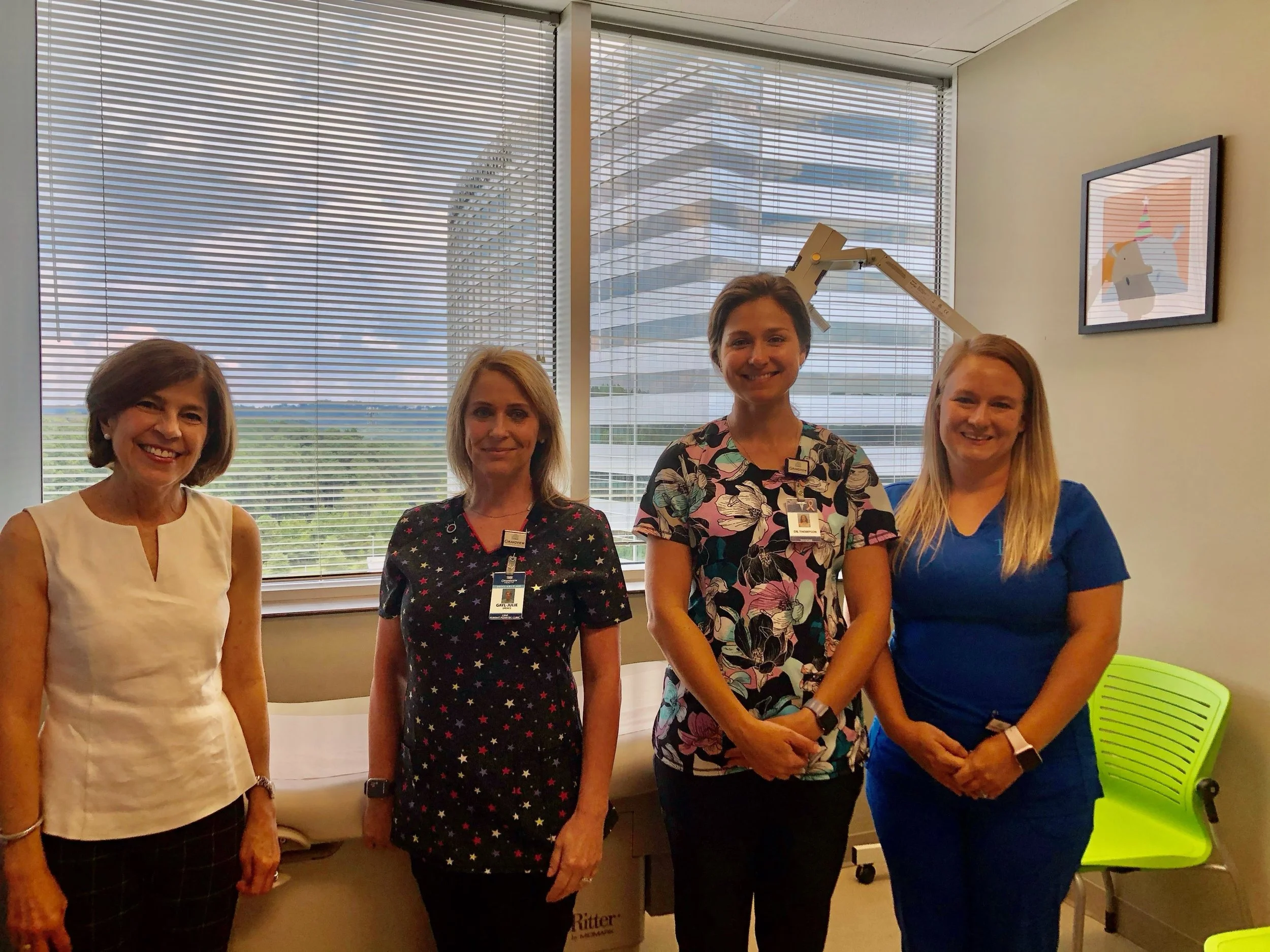
Purohit Pediatrics Grandview
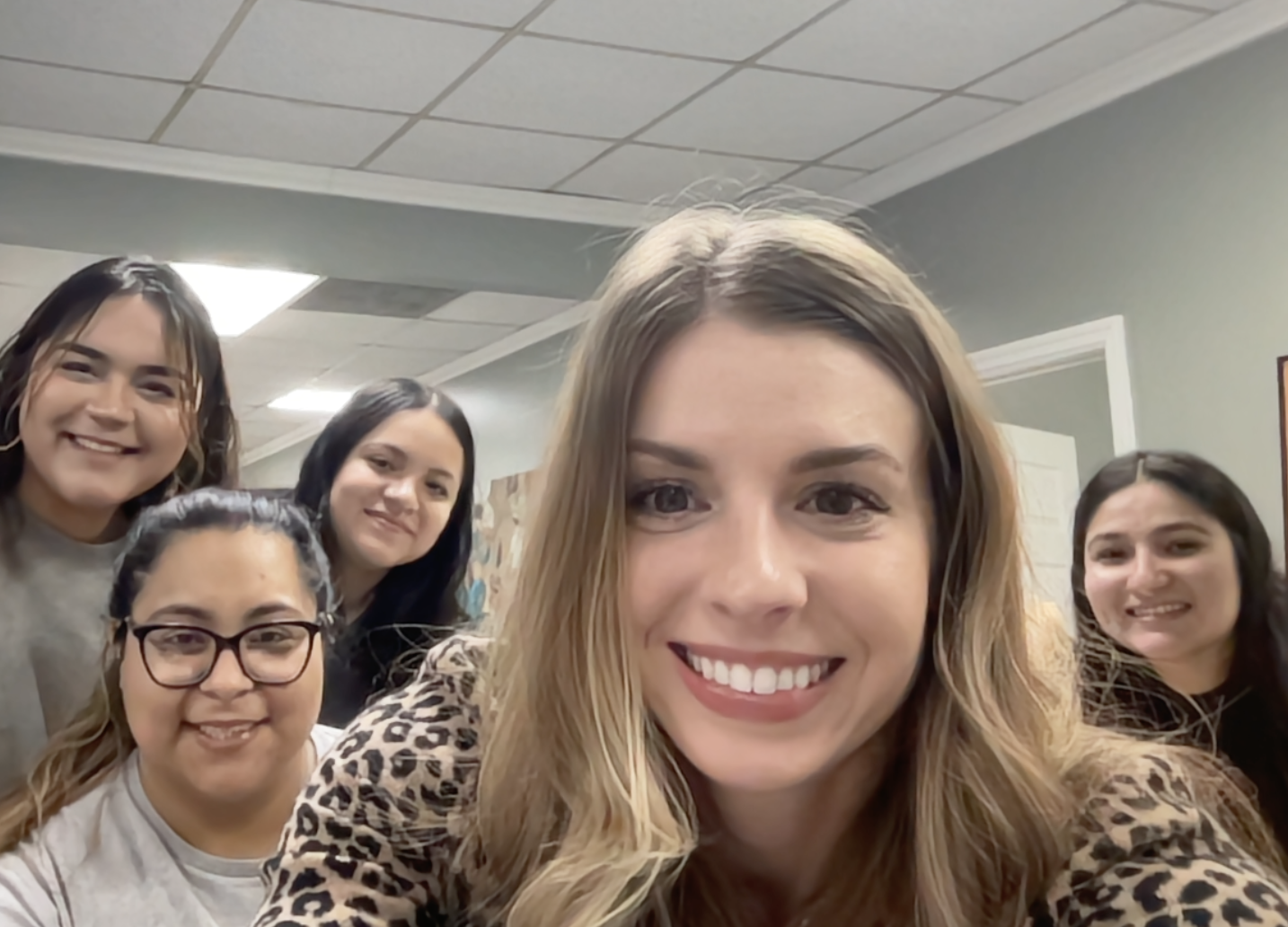
Tanner Medical Center

Over The Rainbow Pediatrics
“We would hope that any pediatric practice would be open to continuing education no matter what the training pertains to. As amedical professional, you've got to be open to evolving and learning about preventing disease. We hope that by participating in this training that all offices can come together to rally behind HPV, protect our children and eliminate thespread of HPV. Attending a training is never harmful and can make a huge difference if you can be open to learning and spreading the word.”
